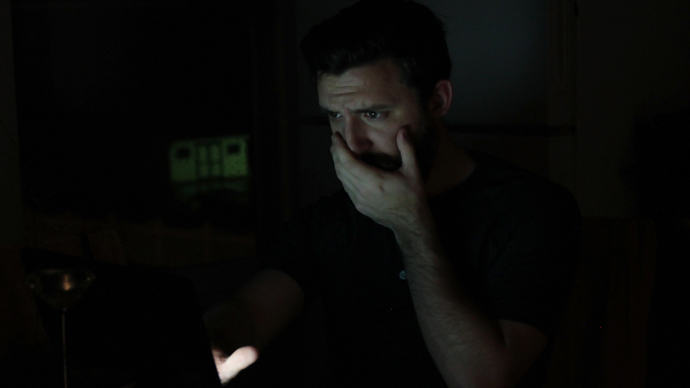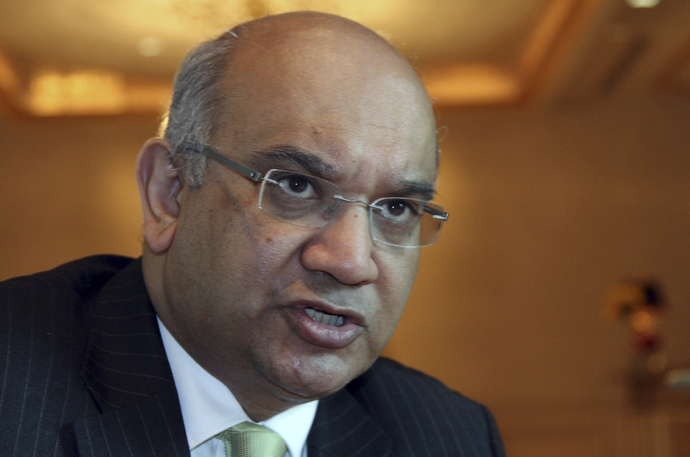Child abuse victims suffer ‘death threats’ after minister published names online

Survivors of child abuse claim they have endured death threats after a Commons committee chairman published swathes of emails containing the names of victims online.
The victims in question, who have campaigned tirelessly for changes to Britain’s child abuse inquiry, condemned Keith Vaz’s decision to publish emails that identify them.
Vaz, who holds the position of chair of the Home Affairs Select Committee (HASC), uploaded the emails onto the Committee’s official website.
The disagreement is the latest scandal to envelop the independent inquiry, which has been halted previously over a firestorm of criticism regarding its lack of robustness and transparency.
Comments and actions of some of its panel representatives have also courted controversy.
Lucy Duckworth, of the Survivors Alliance, which supports UK survivors of child abuse, told The Guardian that the release of the emails had sparked a series of death threats.
In a letter to Home Secretary Theresa May, the abuse victims accused Vaz of breaching their trust. They also said comments in the published emails were deeply arrogant and appeared ignorant of their plight.
The letter’s signatories told May that Vaz’s disclosure of the private emails revealed an “appalling lack of respect for survivors, for survivor groups and for panel members.”
The letter went on to describe how the published emails had incited a torrent of online abuse.
“Named individuals/survivors have been subjected to social-media hate campaigns as a result of the disclosures and negative attitudes expressed by some panel members,” it stated.

The signatories also denounced the beleaguered inquiry’s “catalogue of failures.”
Following a deluge of complaints from the victims, the Committee took steps to redact their names from its website. But an unnamed Committee source defended the body’s decision to release the documents, arguing the victims involved had already declared themselves publicly in one form or another.
The inquiry released a formal statement stressing the published documents had been given to the Select Committee without the knowledge of most of its panel members.
“We have no further comment to make and await the decisions of the Home Secretary regarding the appointment of a chair and on the future shape of the inquiry,” the statement added.
May is expected to announce a new inquiry chair, and a statutory structure for the probe's investigations, before next Friday in a bid to drive it forward in advance of the general election.
On January 21, it emerged that a classified government file, describing “unnatural” sexual activity occurring in Westminster circles in the early 1980s, may have been seen by then-Prime Minister Margaret Thatcher.
Thatcher’s press secretary at the time, Sir Bernard Ingham, told Sky News he had no recollection of the file. But he admitted he and Thatcher were aware of allegations made against a minister in the early 1980s.
In late December, Labour MP John Mann urged the Home Secretary to address state secrecy surrounding historic child abuse in Britain.
Mann believes the Official Secrets Act is obstructing ex-police officers from stepping forward with vital information relating to allegations regarding a child sex ring affiliated with powerful Westminster elites throughout the 1970s and 1980s.












